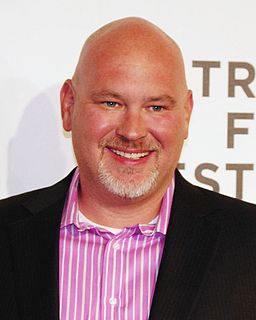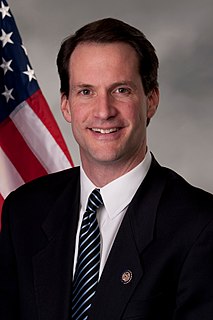A Quote by Abdul Aziz Al Ghurair
Banks are concerned the central bank is imposing too many regulations. If the trend continues, we'll swing to heavy regulation. We need to have balanced regulation to encourage the economy.
Related Quotes
Well, I like regulation as little as anybody else. It can be intrusive. It can be detailed. It can be bureaucratic. It can be unevenly administered. It can be unfair. But most regulations that we have for mutual funds and for banks are regulations that we earned. We did something wrong and we're paying a price for it.
Regulation has gone astray. . . . Either because they have become captives of regulated industries or captains of outmoded administrative agencies, regulators all too often encourage or approve unreasonably high prices, inadequate service, and anticompetitive behavior. The cost of this regulation is always passed on to the consumer. And that cost is astronomical.
I want regulation. I want to protect our environment. I want regulations for safety. I want all of the regulations that we need, and I want them to be so strong and so tough. But we don't need 75 percent of the repetitive, horrible regulations that hurt companies, hurt jobs, make us noncompetitive overseas with other companies from other countries.
I think (fantasy football) has become something that needs to be looked at in terms of regulation. Effectively, it's day trading without any regulation at all. When you have insider information, which has apparently been the case, when you have people who use that information, use big data to try and take advantage of it, there has to be some regulation. If they can't regulate themselves, then the NFL needs to look at moving away from them a little bit, and there should be some regulation.
We need financial regulation that allows businesses and the banks they use to have access to the tools that help keep prices of consumer goods - like groceries and home heating oil - steady, while ensuring that the taxpayers are never again on the hook for the types of wild bets that helped crash the economy in 2008.


































